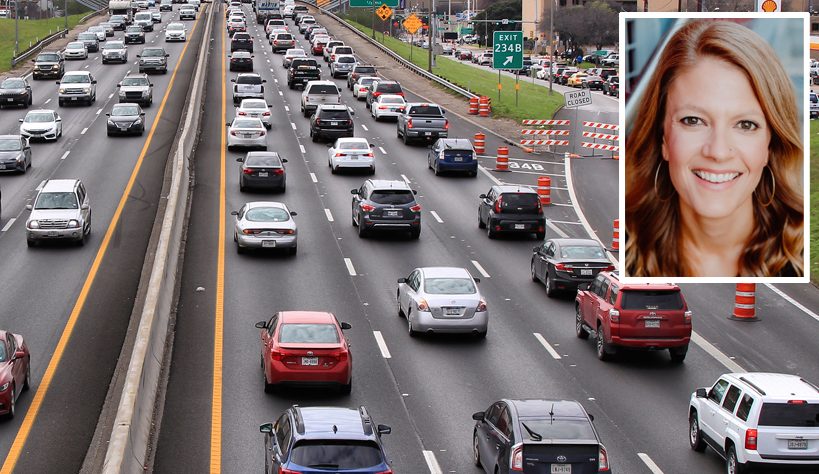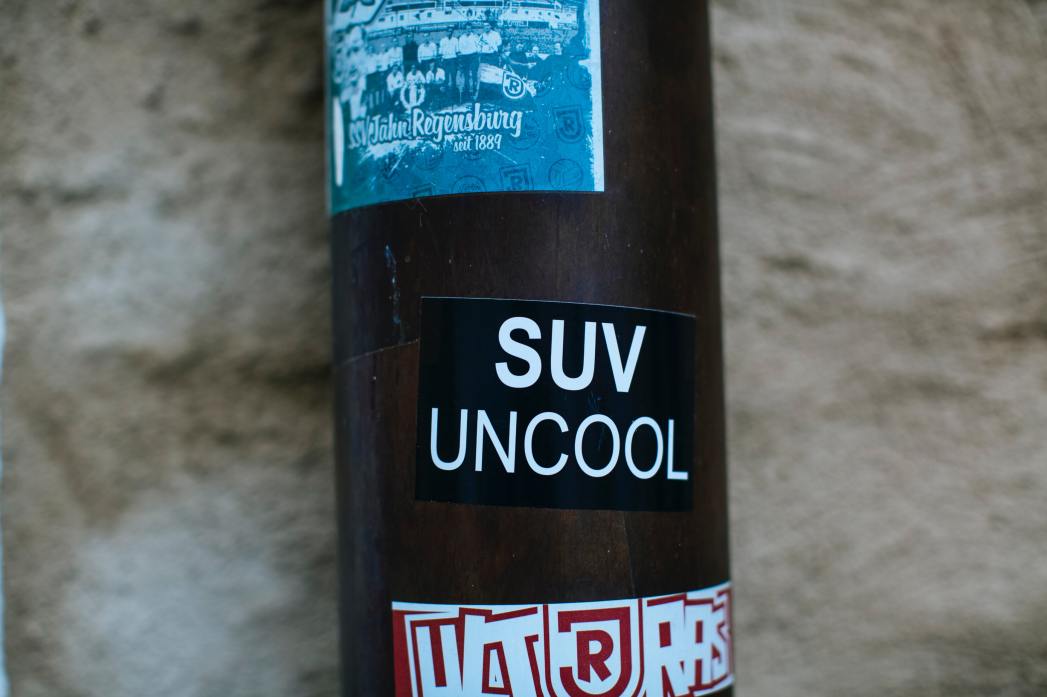The latest edition of the Texas Transportation Institute's influential urban mobility report was released today, prompting a flurry of mainstream media coverage focused largely on a faux-ironic theme that would do Alanis Morrissette proud -- the bad economy is giving us less traffic!
The TTI found a one-hour drop in the annual traffic delays suffered by the average urban American in 2007, a result attributed to the run-up in fuel prices and the beginning of the economic slowdown. The Wall Street Journal deemed the one-hour reprieve "The Upside of Recession," while LA Weekly dubbed Southern California's congestion decrease a "Recession Bonus."
Other coverage of the TTI report emphasized a different breed of cold comfort, playing up the congestion rankings that were given to major cities. The Atlanta Journal-Constitution resorted to surveying drivers on their local roads' drop from second-worst to third-worst in the nation (surprisingly, no one was celebrating), while D.C.-area outlets seemed to take morbid pride in their ascension to the No. 2 spot.
If only the TTI report had a solution to urban traffic woes that had a measurable impact on congestion! Oh, wait. As the chart above shows, transit service saved the nation's cities 645 million hours of delay in 2007. That's more than double the number of hours saved by all five most prominent road "operational improvements" combined -- with HOV lanes being the most notable of those latter options.
The report's authors devote an entire section to solutions to congestion, recommending "a balanced and diversified approach" tailored to the needs of each area. Promoting "denser developments with a mix of jobs, shops and homes, so that more people can walk, bike or take transit" is featured on the list.
But unfortunately, the value of transit and denser urban development got only sporadic mention in most coverage of the TTI report. The Oregonian was one of the exceptions; its reporter drew a line between Portland's less grim traffic situation and its planning priorities. Here's an excerpt:
The report also underscores how different the mass-transit andcar-commuter experiences are in Portland than in most urban areas. Itshows in clear, numerical terms how significantly higher mass-transituse and compact-growth patterns affect the rush-hour commute.
Consider that traffic and congestion normally get worse in the mosthighly populated metro areas. Portland is the 24th-largest metro areaby population, but its 37 hours of delay make it the 34th worst.
The more urban media digs into not just their rank in the congestion tables, but the reasons why their city is stuck, the better.





